
Looking to send flowers, mama? Check out our expert’s guide to the biggest no-no’s for the allergy-prone!
Hay fever, or allergic rhinitis, can kill the romance of receiving flowers. Instead of making your beloved smile, he or she may well end up with watery eyes and stuffy nose; not very attractive nor romantic! The range of meanings can be significant in your flower selection, but the sweetness of the gesture may be undermined when your gift has allergens in tow. So before you ship off a bouquet of buds to woo a girl or buy cut flowers for your home, be aware that dainty and delicate flowers can have adverse effects to the allergy-prone. Flowers with a heavy aroma produce a lot of pollens and are more likely to cause allergic reactions, as pollens upon inhalation can cause itching, sneezing, and inflammation. To err on the safe side, here are some flowers to avoid for those who are prone to allergies:
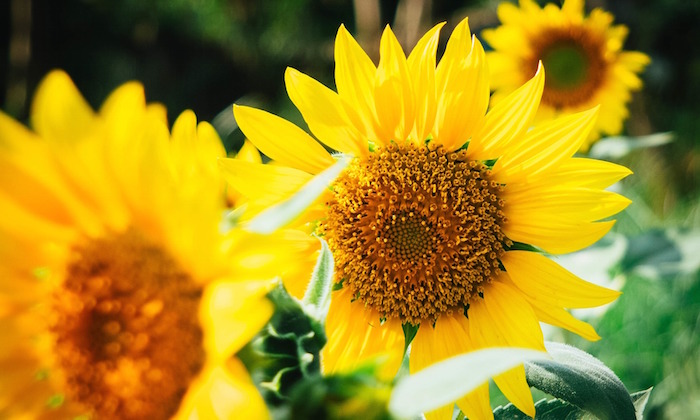
Sunflower
As mentioned, the more pollen the plant makes, the more likely it is to cause allergic reactions. Sunflowers produce a lot of pollens, and there is visible proof. This sunny blossom may appear bright and happy, but its abundance of pollens in its prominent centre can cause serious attacks. Your intent of making your friends and family happy could end up backfiring if they suffer from hay fever.
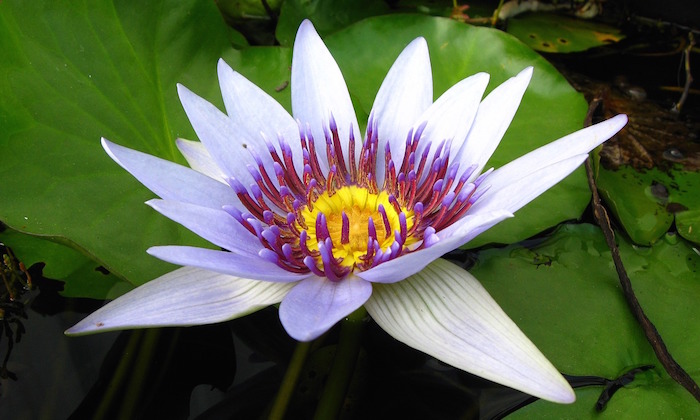
Lily
There are certain species within the lily family that are pollen-free. For instance, Asiatic lilies, which come in various vibrant colours are perfectly allergy-friendly. On the other hand, the oriental variety – especially Stargazer lilies with their strong aroma -can cause a sneeze fest in some people. If you’re planning to send these elegant blooms, don’t forget to request for pollen-free species of lilies from the online florist or ask them to cut off the pollen stems before delivery.
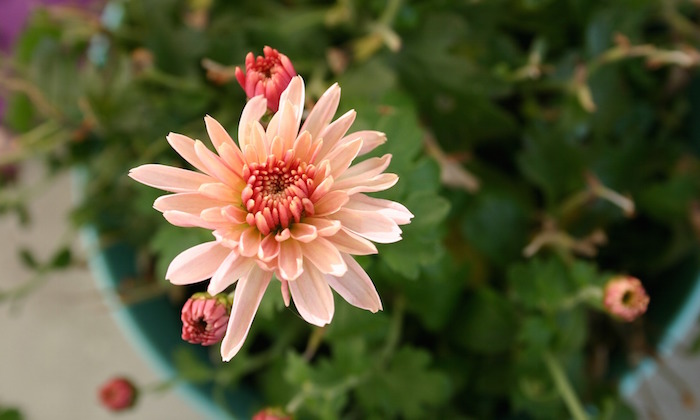
Chrysanthemum
Chrysanthemums are often used to convey messages of friendship and recovery. Unfortunately, they are also a source of allergens. So if you send this flower along with a “Get well soon” card, you may just be adding insult to injury. A nice, elegant orchid might be a better option for that particular occasion.
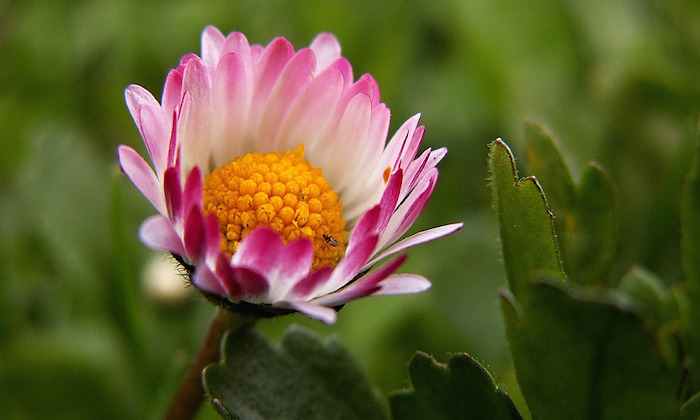
Daisy
Daisies, part of the same family as sunflowers, also possess a prominent pollen-rich centre. This flower, representing innocence and purity, is also usually given to friends and family in recovery. Sadly, wind-borne particles from this family are natural irritants for sensitive folks. These particles can be particularly aggravating when placed indoors as they tend to get closed in and linger waiting to be inhaled.
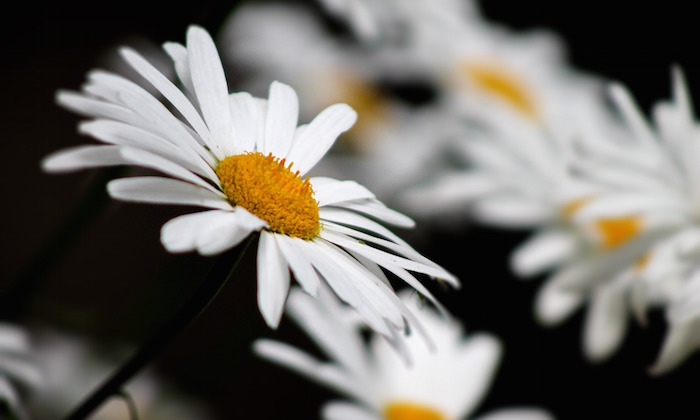
Chamomile
Chamomiles are known for being relaxing and soothing. These are heavily fragrant flowers, however, which means they are poor choices for allergy-prone recipients. They also produce a lot of pollen, so even if you’re not sensitive to the smell, the pollen can still cause irritation.
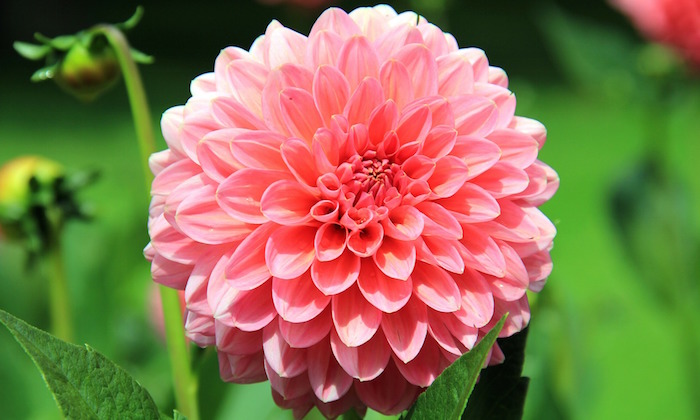
Dahlia
Beautiful Dahlias are also part of the Daisy family, so be cautious when you opt to use these blooms. While there are certain varieties that are pollen-free, most commercially-available dahlias are still on the “worst” list for allergy sufferers.
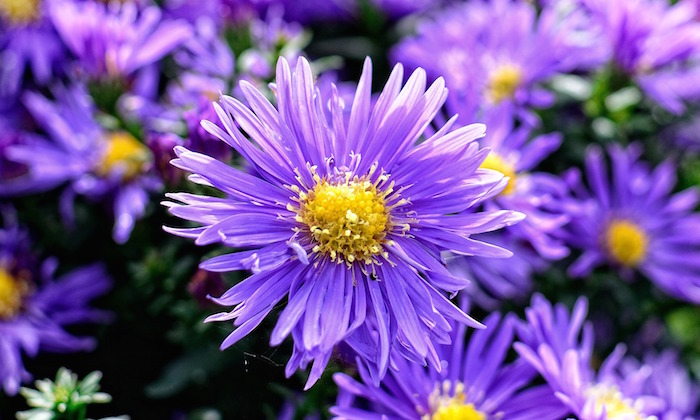
Aster
Yet another member of the daisy family to avoid are asters. The highly visible centre of pollens may already alert you of its ability to trigger allergies. The birds and the bees may flock to these, but if you’d rather be safe than sorry, stay clear of these blooms.
![]() There are still plenty of hypoallergenic flowers out there, but now you know which to avoid for sensitive friends. Take 20% off your next order at www.ABetterFlorist.com with the promo code ‘BRINGLOVE‘!
There are still plenty of hypoallergenic flowers out there, but now you know which to avoid for sensitive friends. Take 20% off your next order at www.ABetterFlorist.com with the promo code ‘BRINGLOVE‘!






 View All
View All





 View All
View All











 View All
View All







